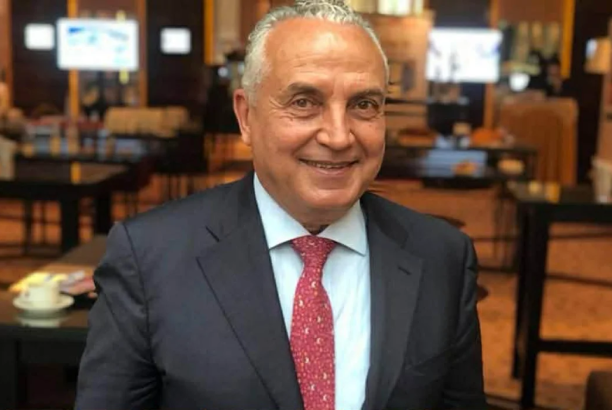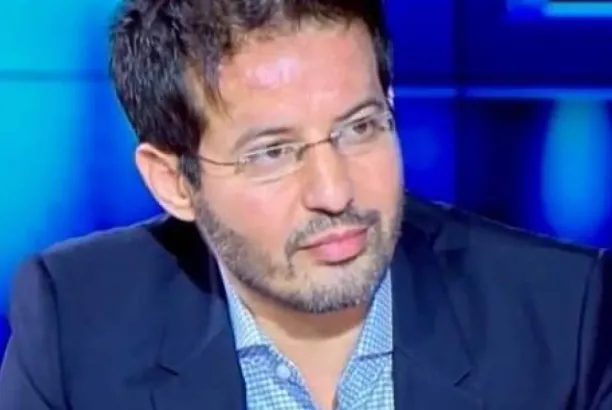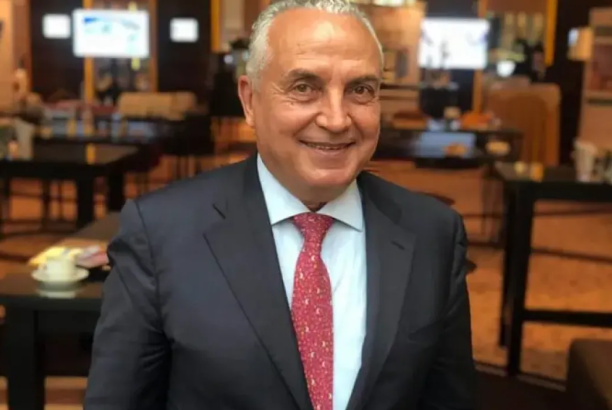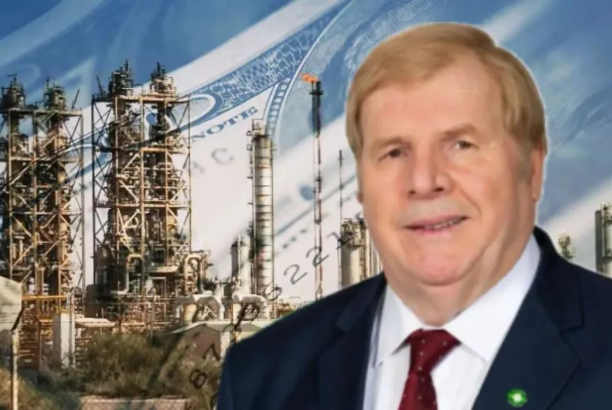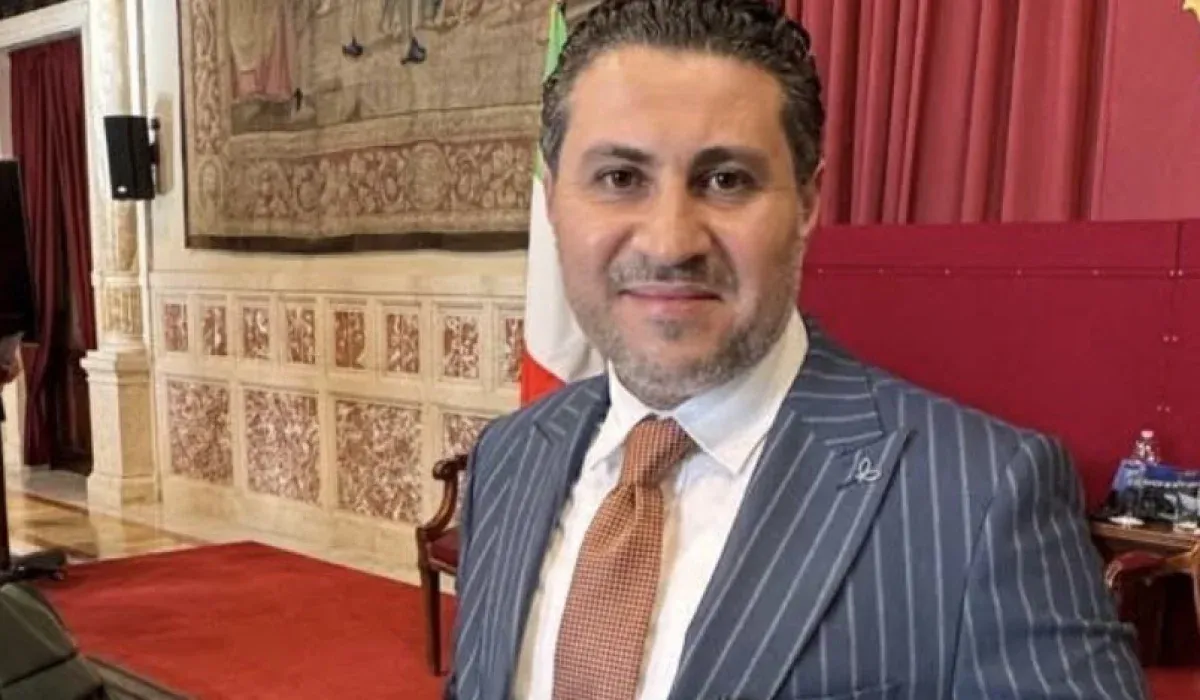
| Economic articles
Al-Amin Writes: “K2 Integrity’s Entry into Iraq — Between the Need for Transparency and Fears of Sovereignty”
Written by Economics Professor Anas Al-Amin
Libya is not an exception in the region when we hear of an American company called K2 Integrity entering the financial scene under the banner of reform and transparency.
Before us, this company had already entered Iraq, embedding itself within the deepest layers of its banking institutions, with the approval of the Central Bank of Iraq and under the supervision of the U.S. Federal Reserve.
The story there was not just a case of technical cooperation—it evolved into a complex experience where politics intersected with economics, and sovereignty with financial compliance.
K2 Integrity is not new to the world of finance and economic intelligence. It was founded in New York in 2009 by the renowned security expert Jules Kroll and his son Jeremy Kroll.
This American family is among the pioneers who established the concept of private financial investigations. In the 1980s, Jules Kroll founded Kroll Associates, a firm famous for tracing stolen funds and uncovering financial corruption in major international cases.
Out of that experience emerged K2 Integrity, which has become one of the world’s leading consultancy firms in anti–money laundering, risk management, and compliance systems for central banks.
Why Iraq, and why then?
The story began when the U.S. Treasury Department and the Federal Reserve noticed that billions of dollars flowing out of Iraq through its banking system were going to unknown entities—some linked to Iranian financing networks.
This led to the suspension of dealings with several Iraqi banks and restrictions on their access to U.S. dollars, sparking a crisis of confidence in the local market.
When the Central Bank of Iraq failed to restore order internally, the solution came from abroad: hiring K2 Integrity to review transfers and monitor banks’ compliance with anti–money laundering and counterterrorism financing standards.
What role does the company actually play?
K2 does not act as a political inspector but as a technical consultant—albeit one with wide-ranging authority. It reviews U.S. dollar transactions before they are executed and recommends approval or rejection in cases of suspicion. The company also signed a three-year partnership with the state-owned Al-Rafidain Bank to develop compliance and governance systems and monitor the sources of funds.
In another move, K2 began collaborating with Qi, the national operator of electronic payment cards, to modernize Iraq’s payment system and align it with U.S. and international standards.
The U.S. Federal Reserve does not seek direct control over Iraqi banks; rather, it aims to ensure that dollars do not leak to sanctioned entities.
Iraq relies almost entirely on dollar supplies through the Central Bank’s account in New York—giving Washington significant leverage over the flow of hard currency inside the country.
Thus, K2’s role emerged as that of a supposedly independent technical intermediary—allowing the U.S. to monitor Iraq’s financial system from within, without formal government interference. It’s a form of “soft oversight.”
The dilemma: Transparency vs. Sovereignty
Although K2’s work helped improve the external image of Iraq’s banking sector, its presence sparked heated debate inside the country.
Many economists argued that allowing a foreign company to access detailed financial data and transfers represented a partial infringement on national sovereignty.
Others, however, saw the move as necessary to rescue Iraq’s chaotic banking system and reintegrate it into the international financial network with greater confidence—even if temporarily under U.S. supervision.
K2’s experience in Iraq carries important lessons for other countries, including Libya, which has also begun discussing the need to reform its financial system and enhance international transparency.
What happened in Iraq shows that such companies do not enter by coincidence; they are brought in when a local system loses international trust and needs an external, neutral body to rebuild it.
But the fine line between reform and tutelage remains ever-present—because those who invite external oversight may later find themselves under constant internal scrutiny.
In conclusion, the question remains:
Will K2 be a genuine model for financial reform—or another gateway for U.S. influence within our economic institutions?
The answer will depend on whether countries like Iraq—and perhaps Libya—can transform such oversight into independent national expertise, rather than letting it remain a permanent foreign eye over their financial systems.


